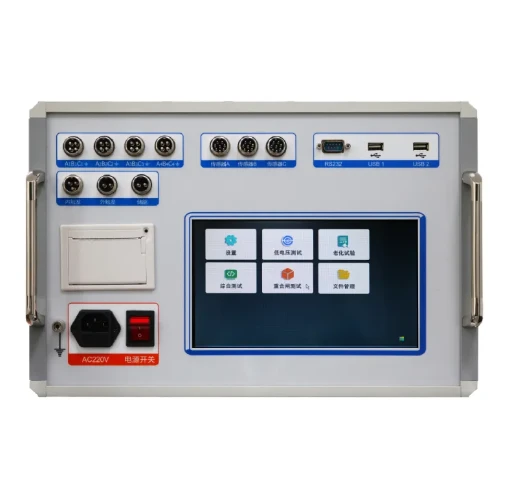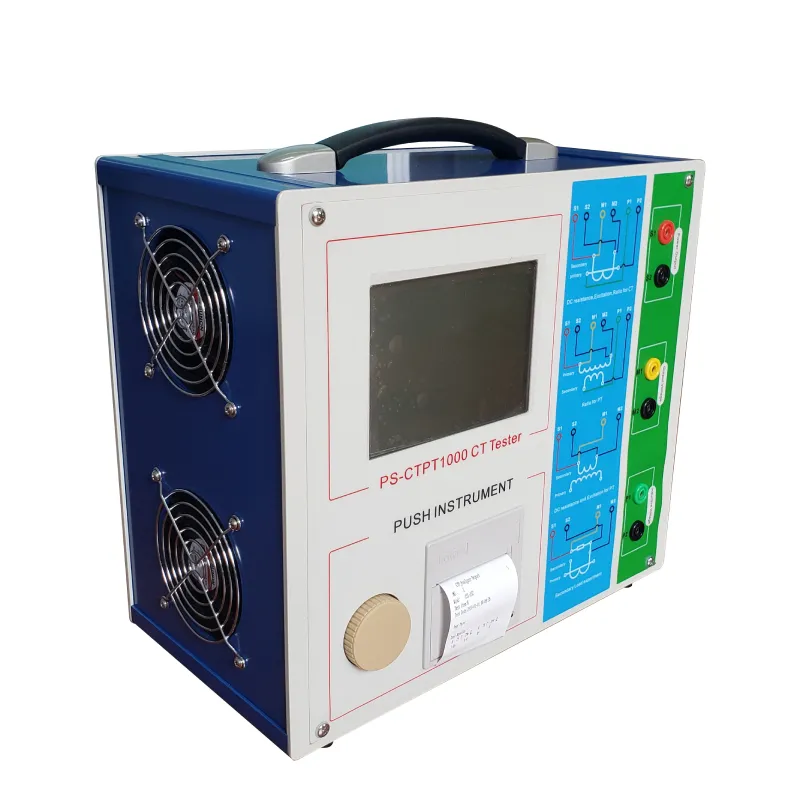TEL:
+86-0312-3189593
 English
English

Telephone:0312-3189593

Email:sales@oil-tester.com

-
 Afrikaans
Afrikaans -
 Albanian
Albanian -
 Amharic
Amharic -
 Arabic
Arabic -
 Armenian
Armenian -
 Azerbaijani
Azerbaijani -
 Basque
Basque -
 Belarusian
Belarusian -
 Bengali
Bengali -
 Bosnian
Bosnian -
 Bulgarian
Bulgarian -
 Catalan
Catalan -
 Cebuano
Cebuano -
 China
China -
 China (Taiwan)
China (Taiwan) -
 Corsican
Corsican -
 Croatian
Croatian -
 Czech
Czech -
 Danish
Danish -
 Dutch
Dutch -
 English
English -
 Esperanto
Esperanto -
 Estonian
Estonian -
 Finnish
Finnish -
 French
French -
 Frisian
Frisian -
 Galician
Galician -
 Georgian
Georgian -
 German
German -
 Greek
Greek -
 Gujarati
Gujarati -
 Haitian Creole
Haitian Creole -
 hausa
hausa -
 hawaiian
hawaiian -
 Hebrew
Hebrew -
 Hindi
Hindi -
 Miao
Miao -
 Hungarian
Hungarian -
 Icelandic
Icelandic -
 igbo
igbo -
 Indonesian
Indonesian -
 irish
irish -
 Italian
Italian -
 Japanese
Japanese -
 Javanese
Javanese -
 Kannada
Kannada -
 kazakh
kazakh -
 Khmer
Khmer -
 Rwandese
Rwandese -
 Korean
Korean -
 Kurdish
Kurdish -
 Kyrgyz
Kyrgyz -
 Lao
Lao -
 Latin
Latin -
 Latvian
Latvian -
 Lithuanian
Lithuanian -
 Luxembourgish
Luxembourgish -
 Macedonian
Macedonian -
 Malgashi
Malgashi -
 Malay
Malay -
 Malayalam
Malayalam -
 Maltese
Maltese -
 Maori
Maori -
 Marathi
Marathi -
 Mongolian
Mongolian -
 Myanmar
Myanmar -
 Nepali
Nepali -
 Norwegian
Norwegian -
 Norwegian
Norwegian -
 Occitan
Occitan -
 Pashto
Pashto -
 Persian
Persian -
 Polish
Polish -
 Portuguese
Portuguese -
 Punjabi
Punjabi -
 Romanian
Romanian -
 Russian
Russian -
 Samoan
Samoan -
 Scottish Gaelic
Scottish Gaelic -
 Serbian
Serbian -
 Sesotho
Sesotho -
 Shona
Shona -
 Sindhi
Sindhi -
 Sinhala
Sinhala -
 Slovak
Slovak -
 Slovenian
Slovenian -
 Somali
Somali -
 Spanish
Spanish -
 Sundanese
Sundanese -
 Swahili
Swahili -
 Swedish
Swedish -
 Tagalog
Tagalog -
 Tajik
Tajik -
 Tamil
Tamil -
 Tatar
Tatar -
 Telugu
Telugu -
 Thai
Thai -
 Turkish
Turkish -
 Turkmen
Turkmen -
 Ukrainian
Ukrainian -
 Urdu
Urdu -
 Uighur
Uighur -
 Uzbek
Uzbek -
 Vietnamese
Vietnamese -
 Welsh
Welsh -
 Bantu
Bantu -
 Yiddish
Yiddish -
 Yoruba
Yoruba -
 Zulu
Zulu
Úno . 18, 2025 01:51
Back to list
PS-DN4 Power Quality Analysis Instrument
Power quality monitoring has emerged as an indispensable aspect of managing modern industrial operations, ensuring the consistent delivery of high-quality electrical power, and mitigating the risks associated with power disturbances. In an era where reliance on electronic devices and sophisticated machinery is ever-increasing, maintaining optimal power quality is not only crucial for operational efficiency but also for safeguarding sensitive equipment from damage. The seamless integration of power quality monitoring systems can thus offer a strategic advantage, enhancing both the resilience and reliability of power systems.
In the context of regulatory compliance and environmental responsibility, power quality monitoring plays an equally pivotal role. As industries face mounting pressure to adhere to environmental standards and reduce carbon footprints, optimizing energy efficiency through enhanced power quality becomes imperative. By pinpointing inefficiencies and identifying opportunities for energy savings, monitoring systems contribute to sustainability initiatives, aiding companies in meeting regulatory requirements while promoting corporate social responsibility. Innovations in power quality monitoring technology have made these systems more accessible and user-friendly. With the advent of IoT-enabled devices and cloud-based platforms, monitoring solutions now offer greater connectivity and scalability. This allows enterprises to integrate monitoring across multiple sites, providing a comprehensive overview of power conditions throughout the organization. The ability to monitor power quality from anywhere, at any time, empowers decision-makers with the agility to respond swiftly to changes, facilitating better strategic planning and resource allocation. Selecting the right power quality monitoring solution requires a thorough understanding of an organization's specific needs and operational challenges. It is essential to work with experts who can tailor monitoring systems to match these requirements, ensuring that the solutions provided are both effective and efficient. Investing in high-quality equipment from reputable manufacturers guarantees durability and accuracy, further enhancing the system's reliability and trustworthiness. Building a robust framework for power quality monitoring not only supports immediate operational goals but also lays the foundation for long-term success. By fostering a culture of continuous improvement and leveraging data-driven insights, companies can achieve a competitive edge, positioning themselves as leaders in their respective fields. Ultimately, the commitment to power quality monitoring is a testament to an organization's dedication to excellence, resilience, and future-oriented growth.


In the context of regulatory compliance and environmental responsibility, power quality monitoring plays an equally pivotal role. As industries face mounting pressure to adhere to environmental standards and reduce carbon footprints, optimizing energy efficiency through enhanced power quality becomes imperative. By pinpointing inefficiencies and identifying opportunities for energy savings, monitoring systems contribute to sustainability initiatives, aiding companies in meeting regulatory requirements while promoting corporate social responsibility. Innovations in power quality monitoring technology have made these systems more accessible and user-friendly. With the advent of IoT-enabled devices and cloud-based platforms, monitoring solutions now offer greater connectivity and scalability. This allows enterprises to integrate monitoring across multiple sites, providing a comprehensive overview of power conditions throughout the organization. The ability to monitor power quality from anywhere, at any time, empowers decision-makers with the agility to respond swiftly to changes, facilitating better strategic planning and resource allocation. Selecting the right power quality monitoring solution requires a thorough understanding of an organization's specific needs and operational challenges. It is essential to work with experts who can tailor monitoring systems to match these requirements, ensuring that the solutions provided are both effective and efficient. Investing in high-quality equipment from reputable manufacturers guarantees durability and accuracy, further enhancing the system's reliability and trustworthiness. Building a robust framework for power quality monitoring not only supports immediate operational goals but also lays the foundation for long-term success. By fostering a culture of continuous improvement and leveraging data-driven insights, companies can achieve a competitive edge, positioning themselves as leaders in their respective fields. Ultimately, the commitment to power quality monitoring is a testament to an organization's dedication to excellence, resilience, and future-oriented growth.
Previous:
Latest news
-
Testing Equipment Industry Sees Major Advancements in 2025: Smart & Precision Technologies Lead the WayNewsJun.06,2025
-
Applications of Direct Current Generators in Renewable Energy SystemsNewsJun.05,2025
-
Hipot Tester Calibration and Accuracy GuidelinesNewsJun.05,2025
-
Digital Circuit Breaker Analyzer Features and BenefitsNewsJun.05,2025
-
Benefits of Real-Time Power Quality Monitoring Devices for Industrial EfficiencyNewsJun.05,2025
-
Earth Fault Loop Testing in High-Rise Building Electrical SystemsNewsJun.05,2025



